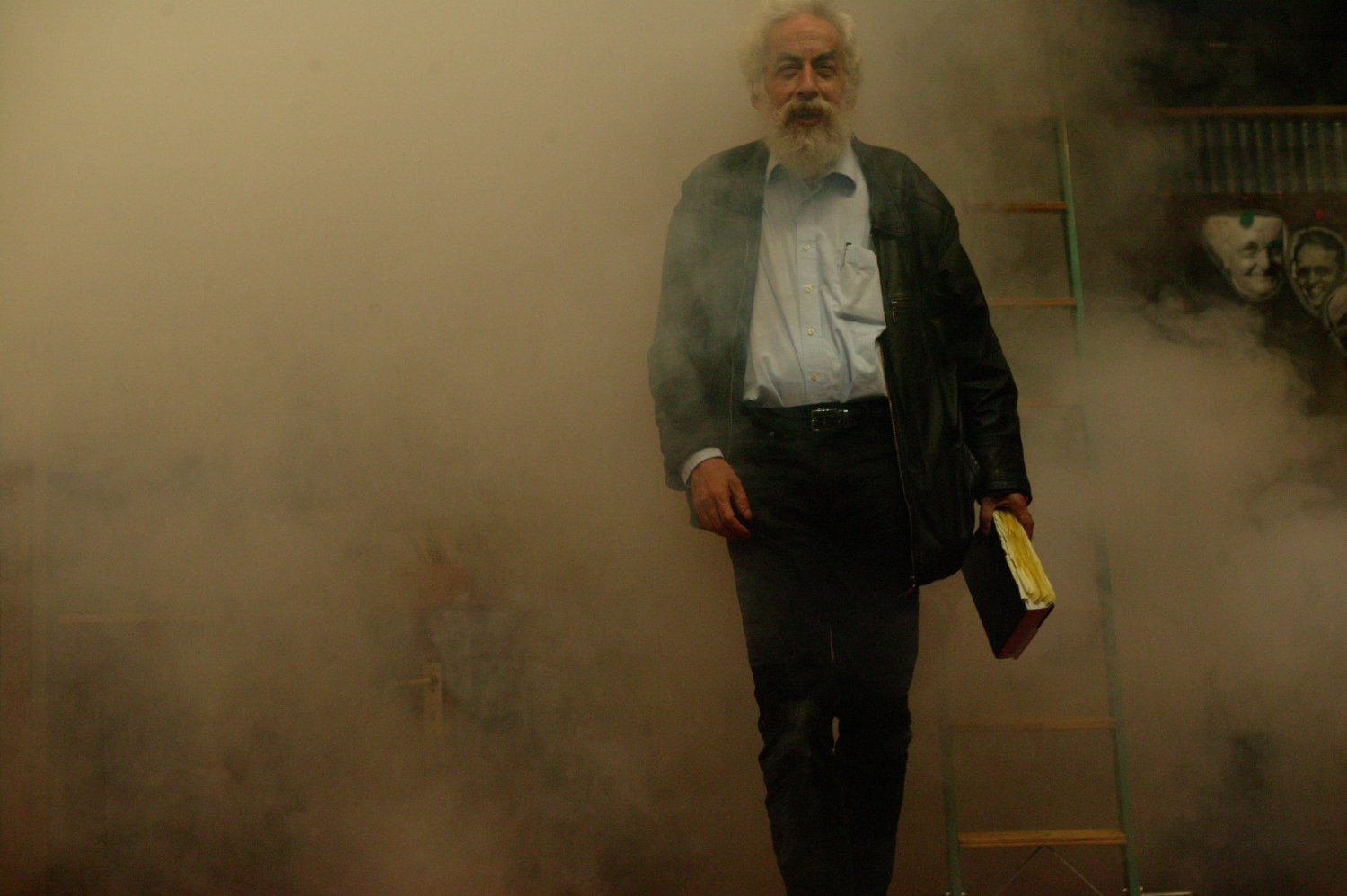Karl Marx: Capital, Volume One
- Berlin
- Lecture Performance
- 11.21.Tue 19:00
- 11.22.Wed 19:00
- KIM HEE-SU Art Center Space 1
- 90 min
- 30,000 KRW
- Korean
The great analysis of Karl Marx occupies a prominent place among the canon of such books that are familiar to everyone, but which have been really read only by few. Helgard Haug and Daniel Wetzel consider it as a dramatic text, whose mysteries can only be unlocked with the help of eight people who have lived with, in and for this work. With this book at hand, it’s not at all about how the directors read it, but about those people who have actually read it at all, not so much about what is inside it, but where in the society it can be found, whoever uses and knows it, no matter which political affiliation and economic practice. No other book has influenced economic theory and political reality to the same extent as Marx’ opus magnum of scientific socialism. No other book is so thorough in its analysis of the rules of the market when it comes to working processes and creation of value – hence it is an analysis of the product “man”, too.
For its revisit this year, Professor Gang Shin Joon, who translated the text for the first time in Korean and appeared in the 2009 performance, activist and singer Chora Chorion and theatre director Yoon Hansol will be on stage. Revisiting and responding to the original of 2009, the lecture performance reflects on the changes that have followed and its significance of today.
Script by Helgard Haug and Daniel Wetzel (Rimini Protokoll)
Directed by Helgard Haug and Daniel Wetzel (Rimini Protokoll) in cooperation with Yoon Hansol
Performed by Gang Shinjoon, Yoon Hansol, Chora Chorion
Produced by Ob/Scene
Video Material provided by Arts Council Korea ARKO Arts Archive

Formed in 2000 by Helgard Haug, Stefan Kaegi, and Daniel Wetzel, Rimini Protokoll has cultivated a unique directorial methodology that incorporates actual people’s lives into the creative processes. The trio invites ordinary non-actors onto the stage as performers, turning the details of their expertise or daily lives as the materials into historical insights. Such craftmanship prompt layered, delicate interactions between affective communion and critical distance on the spectators’ side, guiding their deliberation to aim at both the theatrical form and the social reality. Their distinctive directorship, encompassing the edges of sociology, anthropology, and history, instead of conforming to fictive illusionism, has been recognized as the iconic direction of the post-dramatic theater.